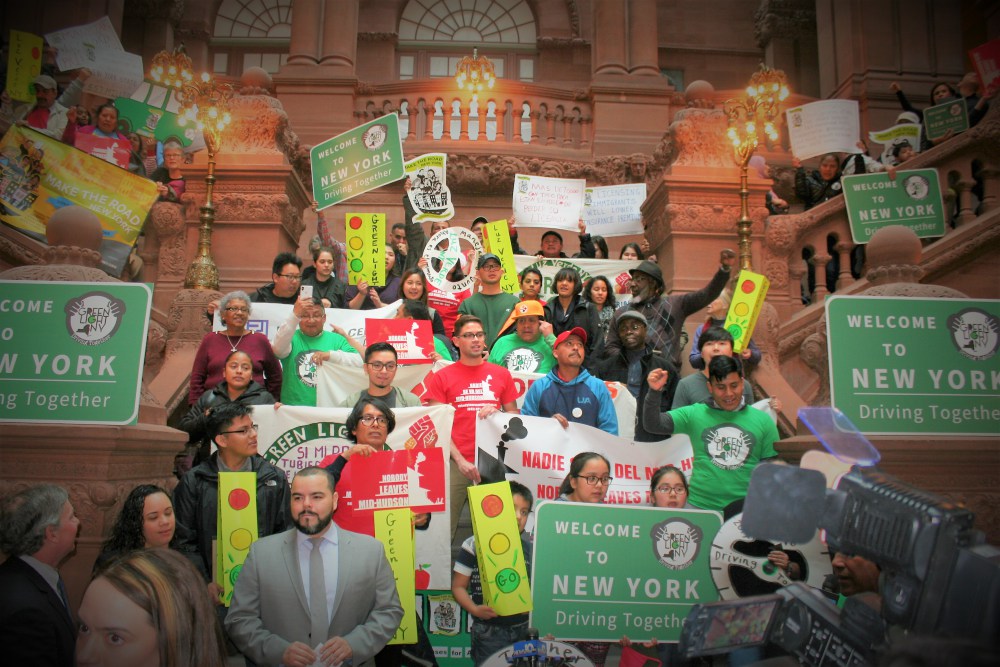Drivers ACT ACT
And sometimes they are meant to garner political support for a law by giving it a catchy name (as with the 'USA Patriot Act' or the 'Take Pride in America Act') or by invoking public outrage or sympathy (as with any number of laws named for victims of crimes). History books, newspapers, and other sources use the popular name to refer to these laws.

Drivers Act Act 2013
NEW YORK – Governor Andrew Cuomo has signed an amended version of the Driver’s License Suspension Reform Act, ending the practice of suspending a person’s driver’s license when they cannot afford to pay a traffic fine.

The official website of the New Jersey Motor Vehicle Commission. The REAL ID Act, passed by Congress in 2005, enacted the 9/11 Commission’s recommendation that the Federal Government “set standards for the issuance of sources of identification, such as driver's licenses.” The Act established minimum security standards for license issuance and production and prohibits federal agencies from accepting for.

The legislation will allow hundreds of thousands of New Yorkers to regain their driver’s licenses and with it their access to work and other necessities.
Debt-based driver’s license suspensions are a cruel and counterproductive collection practice that creates a cycle of poverty and punishment few can escape, said the governor.
Between January 2016 and April 2018, New York issued nearly 1.7 million driver’s license suspensions for non-payment of traffic fines and non-appearance at traffic hearings. If a person drives with a suspended license, they are subject to arrest, more fines and fees, and jail, simply because they cannot afford to pay a traffic ticket, the governor said. “Because Black and Latinx people are disproportionately stopped, ticketed, charged and convicted for traffic violations, this especially burdens their families and communities,” he said.
New York will join nine other states and the District of Columbia that have passed similar laws over the past three years (Mississippi, Montana, Idaho, California, Maryland, Virginia, West Virginia, Hawaii, and Oregon).
The new law will end license suspensions due to non-payment of traffic fines, while making affordable payment plans available (at two percent of a person’s monthly income or $25/month, whichever is greater). The reform would also reinstate the licenses of people who currently have a suspended license due to non-payment of traffic fines.


The legislature also reached a compromise with the governor that will maintain driver’s license suspensions for individuals who did not appear at traffic court hearings, but that will still offer such individuals support. The amended bill will help individuals whose licenses are suspended for missing a traffic hearing by providing them with an opportunity to enter into a payment plan and get their licenses restored. Those individuals – often people who did not respond to their traffic ticket because they could not afford their traffic fines – can reinstate their licenses by entering a payment plan without the obstacle of paying reinstatement fees, as they will be folded into the total payment plan amount. Individuals will also now be issued two notifications prior to a license suspension.
What Is Republic Act No. 4136
Drivers Act Act Definition
